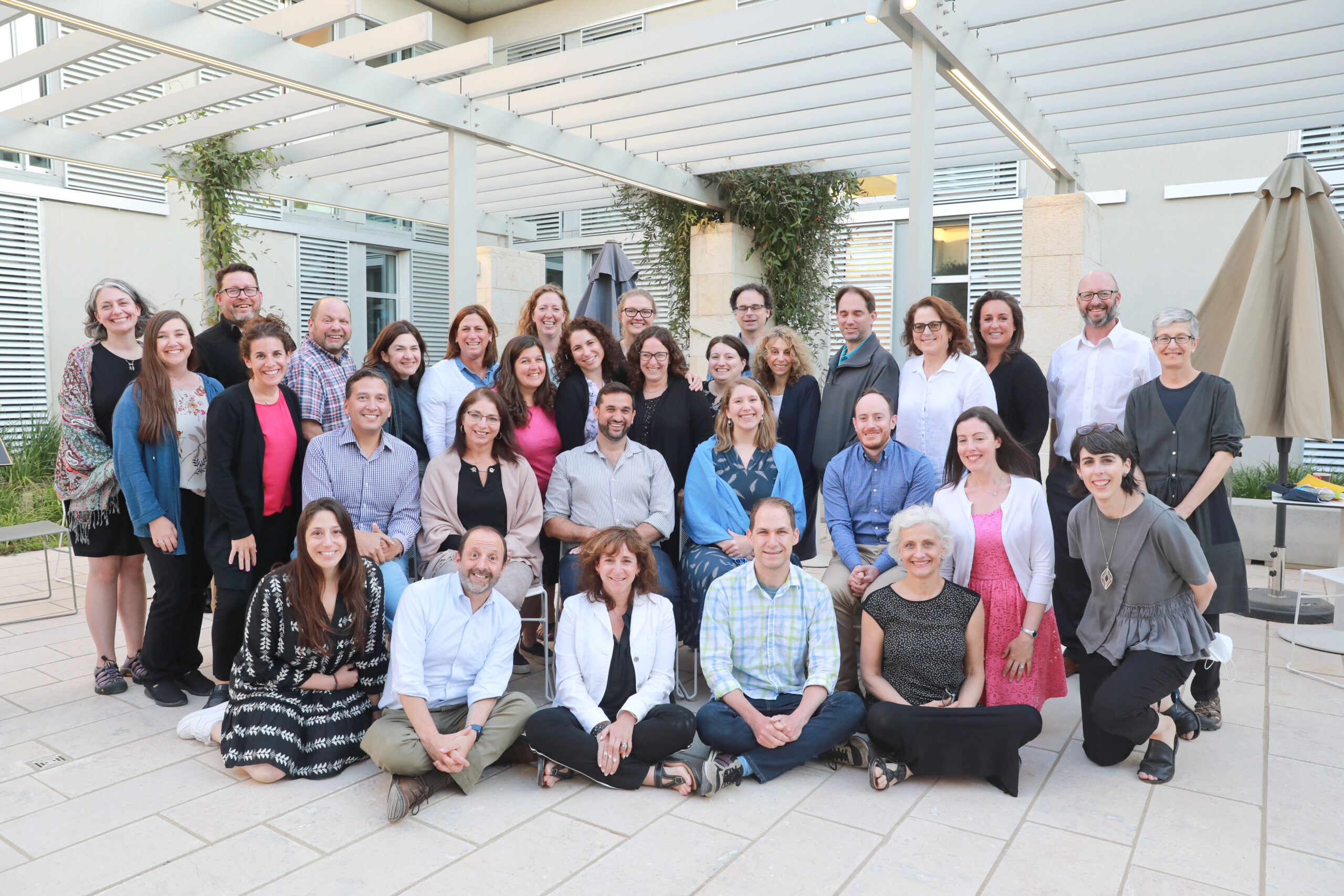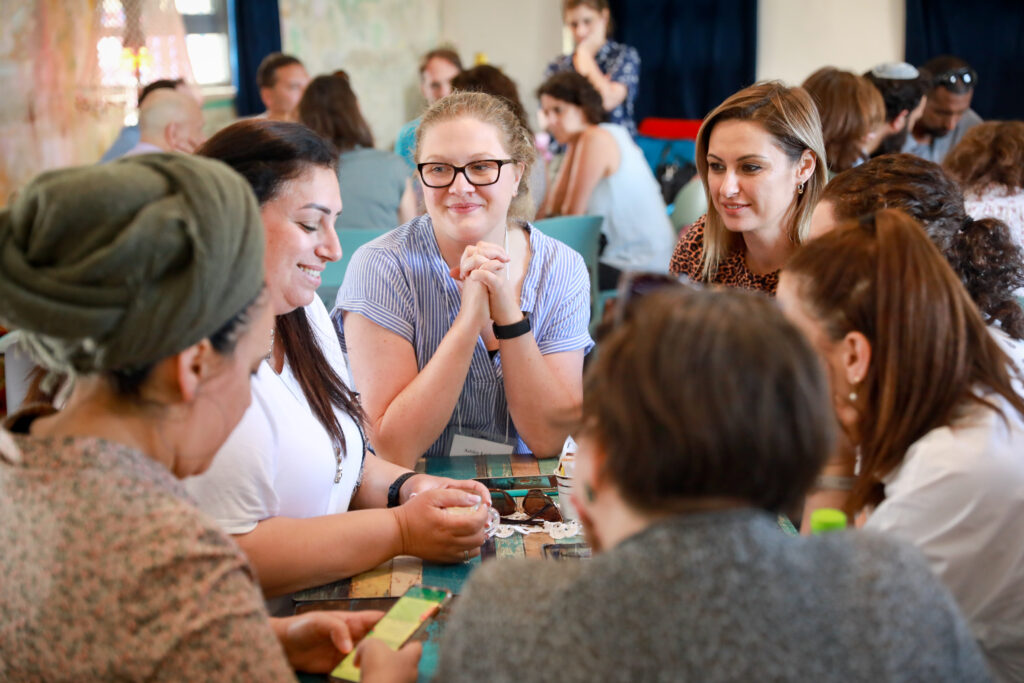
During the second week in May, Cohorts II and III participated in the Executive Leadership Program’s Israel Seminar. Our aim was to encounter contemporary Israeli society in all of its diversity and dynamism. Over eight intense days, fellows met with leaders and thinkers from across Israel’s disparate groups: Jews and Arabs, religious and secular, Ashkenazi, Mizrahi, Russian and Ethiopian. They also participated in joint study days with fellows of Israel-based Mandel leadership programs, examining common challenges of leadership in a diverse society, community development and social resilience. It was an extraordinary journey, illuminating aspects of Israeli society that too often go unnoticed, and that are critical to renewing the Israel-Diaspora relationship.
Cohort II’s graduation ceremony took place on Sunday, May 15th at the Jack, Joseph and Morton Mandel Foundation Israel building in Jerusalem. Jack, Joseph and Morton Mandel Foundation President, Jehuda Reinharz and Board chair Stephen Hoffman shared remarks with the fellows, in addition to Mentor Alan Gill. Each of the nine graduates present shared a takeaway of their time in the fellowship before receiving a certificate from Mandel Institute Program Director Ted Sasson and Assistant Director, Liana Brodsky. Cohort III attended the graduation ceremony.

Reflection from Cohort III Fellow Ashley Lasher
“I feel like I’ve spent the past 10 days getting a master’s degree in modern Israeli society. We explored it all – the bold, fearful, contemporary, traditional, beautiful, ugly, intuitive, complex, generous, tribal, resilient Israel. The Mandel Institute for Nonprofit Leadership planned and executed a trip that did something of massive importance and difficulty – they introduced a group of Jewish communal leaders from across North America to sides of Israel we have never truly encountered.
Together we studied a dizzying and disparate array of residents, searching for any unique thread that binds them all as Israeli. We listened, questioned, explored and journaled as we came to understanding after understanding of each group’s qualities and trends. But the only consistent similarities were actually universal human qualities: the desire to be safe and live in a community that meets their social, spiritual, and intellectual needs. These needs were wildly different from group to group, but each group sought to have them met in community.
So what does bind them as Israeli? Universally we uncovered a deep, inextricable tie to THIS land. And so my emerging theory is that what ties Israelis as Israeli is an effort to build a safe community that meets their social, spiritual, and intellectual needs on this holy, historic land. And then (and thus) it becomes ever so complex again.”
